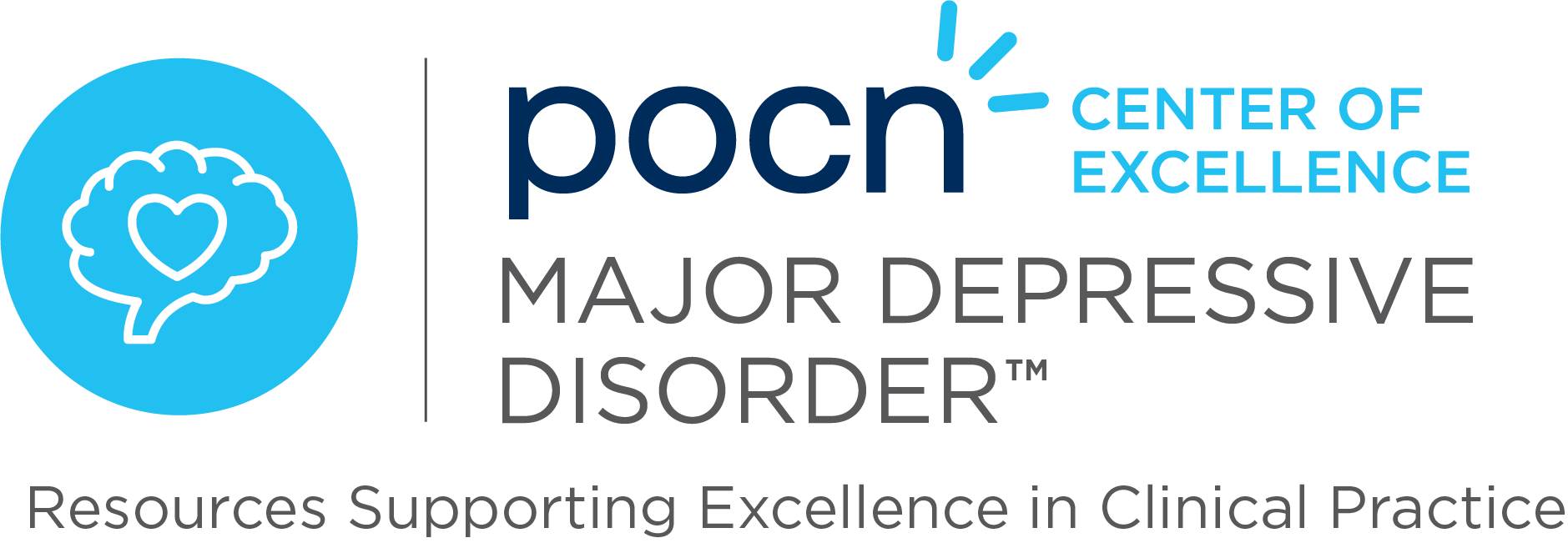The VA/DoD Clinical Practice Guidelines for Managing Major Depressive Disorder (MDD), updated in February 2022, emphasize a thorough risk assessment and individualized approach to treatment. The initial evaluation includes assessing functional status, medical and treatment history, family history, and administering the Patient Health Questionnaire-9. The guidelines adopt the DSM-5 criteria for diagnosing MDD, which require the presence of five or more specific symptoms over a two-week period, including depressed mood or loss of interest/pleasure, among others.
Treatment options are determined based on various factors, including prior treatment responses, the severity of depression, comorbidities, and suicide risk. Initial treatments may involve pharmacotherapy, psychotherapy, or a combination of both, incorporating patient preferences and shared decision-making. The guidelines also suggest considering self-help options like exercise and light therapy. For treatment-resistant cases, alternatives like other pharmacotherapies, electroconvulsive therapy, repetitive transcranial magnetic stimulation, and ketamine/esketamine are proposed. The guidelines highlight the need for ongoing evaluation and modification of the treatment plan based on individual patient responses and preferences.
Reference: Department of Veterans Affairs/Department of Defense. VA/DoD Clinical Practice Guideline for the Management of Major Depressive Disorder. Published February 2022. Accessed March 22, 2024. https://www.healthquality.va.gov/guidelines/MH/mdd/VADoDMDDCPG_PocketCard_Final_508_updated.pdf


